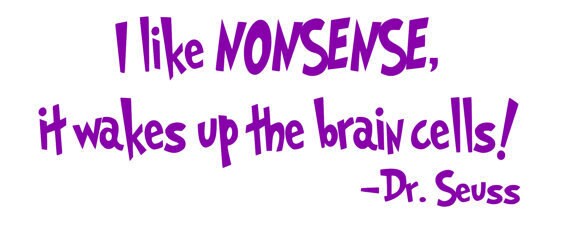How come ‘Butt’ was never banned?
They wanted to ban Jesus Christ? Really? How come they think of banning ‘Jesus Christ,’ and not ‘Moses’ and ‘Mohammad’? I take exception to such partisanship. I thought we were supposed to love them all alike.
And if Jesus is banned, the words ‘virgin’ or ‘birth’ couldn’t be far behind. Well we could do with some birth-banning in this country, but many people with a vestal interest would have something to say about banning ‘virgin’, not to mention passengers and travel agents: “You’re going to fly PIA from here to London (always presuming PIA can get its act together) and then you will take that airline, the immaculate one, to New York.”
What idiots we are and what holes we dig for ourselves to fall into (and there are another two banned words right there). How can we do this time and time again? And while on the subject, how come ‘Butt’ was never banned, especially of the Ijaz variety?
Who is the inveterate ass at the helm of things that comes up with such hair-brained ideas?
The Pakistan Telecommunications Authority was established to set up, reorganise and regulate telecommunications in this country. Having set up telecommunications of sorts, and having liberally handed out contracts for mobile services to many and sundry, it obviously wondered what else it needed to do.
One day a well-connected mullah probably wandered into their offices, you know the sort, who raved and ranted about some stupid texts he had received on his mobile. The PTA hunched over and asked the mullahwhat they should do. The mullah gave them a list of words to ban, the PTA issued the list, and the head honcho of the PTA no doubt went home congratulating himself for a day’s work well done. That is, until the following day when he saw the reaction and his hair stood on end.
The list is now being reconsidered, and the PTA has said that only a dozen words may remain. So they’re trimming that list down from 1700 to 12 words? Isn’t that rather excessive, or does that say something about the level of incompetence we have to live with?
Pakistan is a poor country and its far-flung areas are not always accessible. It is a role that our telecommunications authority can play, making telecommunication available in Kalam, Gilgit, Baltistan, FATA, and other inaccessible places.
In some countries of Africa, the telecommunication sector plays that crucial role by providing access to information and help for field workers in the health sector. Mobile phones enable health workers track the spread of HIV in the country, submit reports or questions for analysis, and subsequently deal with health issues that arise anywhere in their country, however remote.
Telecommunications are being used around the world to provide access to education and training to people who would otherwise be unable to avail these facilities, and in the fields of security and intelligence.
Telecommunications in Pakistan, particularly the use of mobile phones, has increased dramatically, with every other person wandering around with a cell phone glued to his ear. But the service leaves much to be desired. In many rural areas, the facility is either unavailable or extremely limited. Internet service providers are inefficient and the quality of transmission/reception is substandard. Billing systems are poorly managed in many cases and frequent power outages expose weaknesses such as inadequate backup systems for an uninterrupted provision of service.
These are the issues on which the PTA should spend its time and resources.
With Pakistan lagging so far behind in the industrial, technological, and every field known to the world today, what passes for religion and morality by the greybeards of this country is proving to be a grave hindrance to progress, not to mention grounds for humiliation. The recent list of banned, so-called ‘obscene’ words exposes not just a foolish mentality, but a bent of mind obscene in itself.

It also exposes more plainly than anything else the total absence of planning: how in heaven’s name was it considered even remotely possible to block these words, most of which are used in common parlance in completely innocent ways which the twisted minds that formulated this list obviously could not comprehend, if they ever even tried.
If religion in this country cannot be used in the manner it is meant to be, which is for the good of the people and for their progress, maybe it is better laid aside on the public level. Let each private individual practise it to the best of his or her ability until sense prevails.

